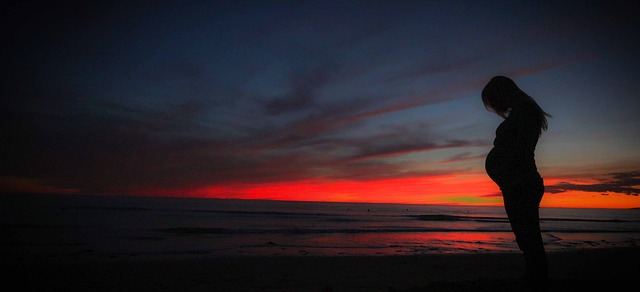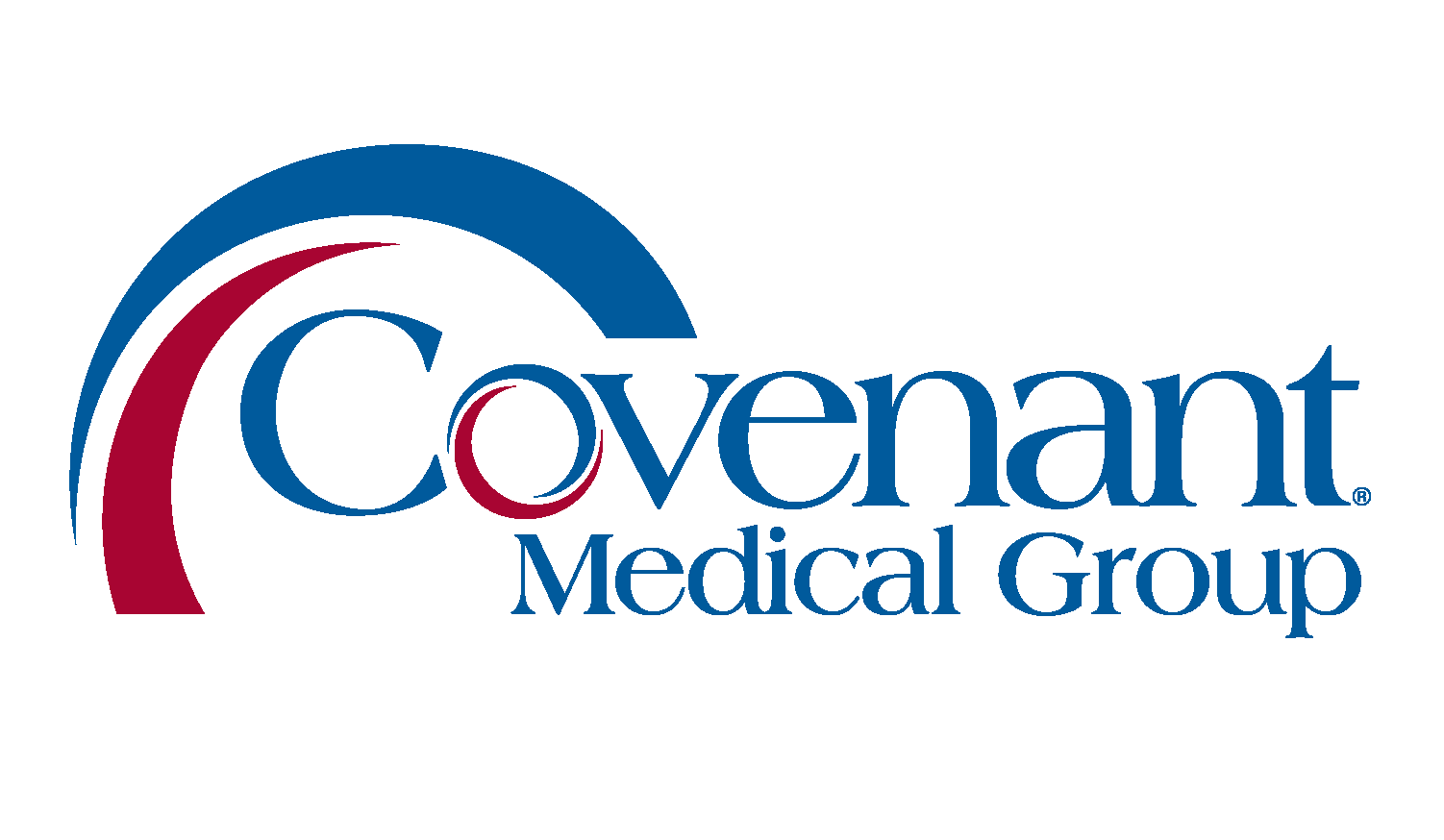You survived breast cancer and now you want to get pregnant. Is it safe? Will the cancer come back? Will my baby be healthy?
First, let’s review what you went through to survive breast cancer. You had a mammogram, which radiates your breasts. You had surgery and a Sentinel Lymph Node Biopsy, which puts radiation into your breast and lymph nodes. You may have had Whole Breast Radiation Therapy, which put lots of radiation into your breast. You probably had chemotherapy. And you are currently taking tamoxifen, an anti-estrogen pill.
1. Will your baby be harmed by having had breast cancer treatments? No.
The radiation from mammograms and the Sentinel Lymph Node Biopsy is a very small amount that dissipates before coming near the eggs in your ovaries and thus poses no risk to your eggs. Neither will this radiation remain in your body and consequently, it cannot harm the baby that will be growing in your belly. The large dose of radiation from Whole Breast Radiation Therapy did not harm your eggs because a lead shield was placed over your abdomen. This shield protected your ovaries from the radiation and prevented damage to the eggs. As with the radiation from mammograms, the radiation from radiation therapy does not linger in your body, and so no harm from the radiation can come the baby that will be growing inside you if you were properly shielded during treatments.
2. Will the chemotherapy drugs harm your baby? No.
Chemotherapy can harm rapidly dividing cells, so chemotherapy can harm your baby if you receive chemotherapy in the first trimester of your pregnancy. However, chemotherapy is safe in the second and third trimesters. The eggs in your ovaries are not rapidly dividing and so they are not harmed by chemotherapy. What chemotherapy can do is to shut down your ovaries so that you may not be able to get pregnant. But if you do get pregnant, your egg will not have been affected by chemotherapy.
Tamoxifen can absolutely harm your baby. Clinical experience and animal models point to an increased risk of congenital malformations in babies whose mothers took tamoxifen during pregnancy. The FDA gives tamoxifen a Category D, i.e. definite risk of tamoxifen during pregnancy and so tamoxifen should not be taken while one is pregnant. Tamoxifen may also prevent you from getting pregnant. So, if you do want to become pregnant, you must stop the tamoxifen or any anti-estrogen medication you are taking. Do not take tamoxifen or any anti-estrogen pill if you want to become pregnant. They will make it very difficult to become pregnant and they most likely will harm your baby.
But if you stop taking tamoxifen, will your cancer come back? There is a higher likelihood of the breast cancer recurring if you stop your tamoxifen because taking tamoxifen lowers your risk of recurrence. However, the good news is that when you resume your tamoxifen after the birth of your child, you do receive benefit from the tamoxifen and your risk of breast cancer will go down. Interrupting the tamoxifen therapy does not appear to negate its benefit from restarting it later, we believe.
Pregnancy does seem to increase the risk of getting breast cancer within five years, but after five years, pregnancy seems to be protective against breast cancer. And the more times you are pregnant, the lower the risk of getting breast cancer. Thus, we extrapolate that pregnancy after surviving breast cancer will increase the risk of a recurrence. We cannot quantify this risk, but POSITIVE (Pregnancy Outcome and Safety of Interrupting Therapy for Women With Endocrine-Responsive Breast Cancer, ClinicalTrials.gov Identifier: NCT02308085) is trying to answer this question and other questions regarding breast cancer and pregnancy.
Breast cancer survivors who become pregnant will probably have an increased risk of recurrence.
Why? Because (1) you need to stop your cancer-fighting tamoxifen or other anti-estrogen medications to become pregnant and have a healthy child; and (2) pregnancy itself seems to increase the five-year risk of developing breast cancer. We have no idea how to quantify this risk and we cannot tell you how much more likely you are to get a recurrence. But the International Breast Cancer Study Group’s POSITIVE Trail will hopefully answer these questions.

